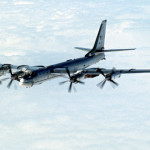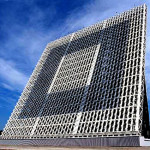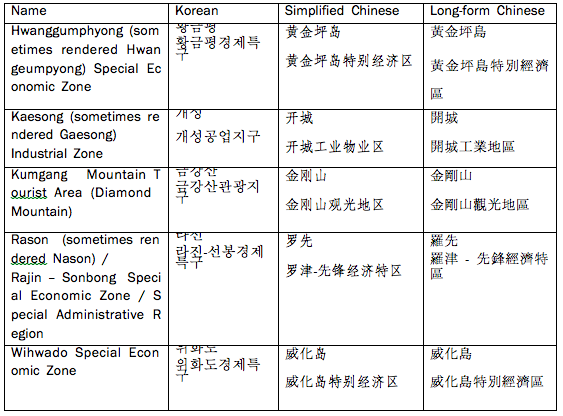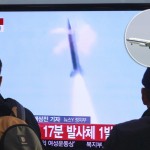Daily Report Archives
Established in December 1993, the Nautilus Institute’s *N*ortheast *A*sia *P*eace and *S*ecurity *N*etwork (NAPSNet) Daily Report served thousands of readers in more than forty countries, including policy makers, diplomats, aid organizations, scholars, donors, activists, students, and journalists.
The NAPSNet Daily Report aimed to serve a community of practitioners engaged in solving the complex security and sustainability issues in the region, especially those posed by the DPRK’s nuclear weapons program and the threat of nuclear war in the region. It was distributed by email rom 1993-1997, and went on-line in December 1997, which is when the archive on this site begins. The format at that time can be seen here.
However, for multiple reasons—the rise of instantaneous news services, the evolution of the North Korea and nuclear issues, the increasing demand for specialized and synthetic analysis of these and related issues, and the decline in donor support for NAPSNet—the Institute stopped producing the Daily Report news summary service as of December 17, 2010.

DETERRENCE: Russian Bombers Increase Flights Near U.S. Airspace DPRK: Will Indonesia Save the Six Party Talks?…
Go to the article

DETERRENCE: Russia to Upgrade Missile Attack Warning System DPRK: North Korea’s Real Annual GDP Growth GOVERNANCE AND CIVIL SOCIETY: Parties Face Calls for Reform after Elections CLIMATE CHANGE ADAPTATION: Technical Report: Designing a Climate Resilient Future: A Guide to Integrating Multiple Perspectives in Spatial Planning DETERRENCE: Russia to Upgrade Missile Attack Warning System, Tatyana Rusakova, Russia Beyond The Headlines, July […]
Go to the article

Energy Needs in the DPRK, and Opportunities for Collaboration on Energy Sector Engagement and Redevelopment by David. Von Hippel and Peter Hayes The Center for Energy Governance & Security Seoul, Korea 12 August 2014 I. INTRODUCTION A series of events in the last few years and months have kept the Democratic People’s Republic of Korea (DPRK) in […]
Go to the article

DETERRENCE: Simulating War Might Be the Best Way to Prevent One ENERGY SECURITY: Why the US Needs to Lift the …
Go to the article

by Xuegang Liu Division of Nuclear Chemistry and Engineering The Institute of Nuclear and New Energy Technology Tsinghua University, Beijing, China 5 August 2014 I. INTRODUCTION With a population exceeding 1.3 billion and high economic growth averaging ~8% since the early 1980s, China’s demand for energy has increased dramatically. As of 2013, China is the world’s second […]
Go to the article

by Peter Hayes and Chung-in Moon 28 July 2014 I. SUMMARY Relative to the status quo of relying on US nuclear extended deterrence, the ROK developing and deploying its own nuclear weapons, or, arranging for redeployment of US nuclear weapons into Korea, are fantastic ideas. The latter options would reduce the credibility of US retaliation in response to a […]
Go to the article

피터 헤이즈 문정인 2014 월 28 요약 미국의 핵 확장 억지력에 의존하는 현 상태를 유지하기 보다는 한국이 자체적인 핵 개발에 나섬으로써 핵 무기를 보유한다거나 미국의 핵 무기를 한국에 재배치하자는 생각은 타당치 않다. 이는 북한의 선제 핵 공격에 대한 미국의 보복 대응의 신뢰도를 떨어뜨리고, 미국이 한국에 제공하고 있는 재래식 전력에 의한 억지력의 견고함을 해치는 결과를 가져올 […]
Go to the article

by Woo Jin Chung Korea Energy Economics Institute, Republic of Korea 22 July 2014 I. ABSTRACT This paper presents the status of energy supply and demand in the Republic of Korea (ROK), as well as a description of current and recent policies related to the future of the Korean energy sector. The paper outlines the past […]
Go to the article










